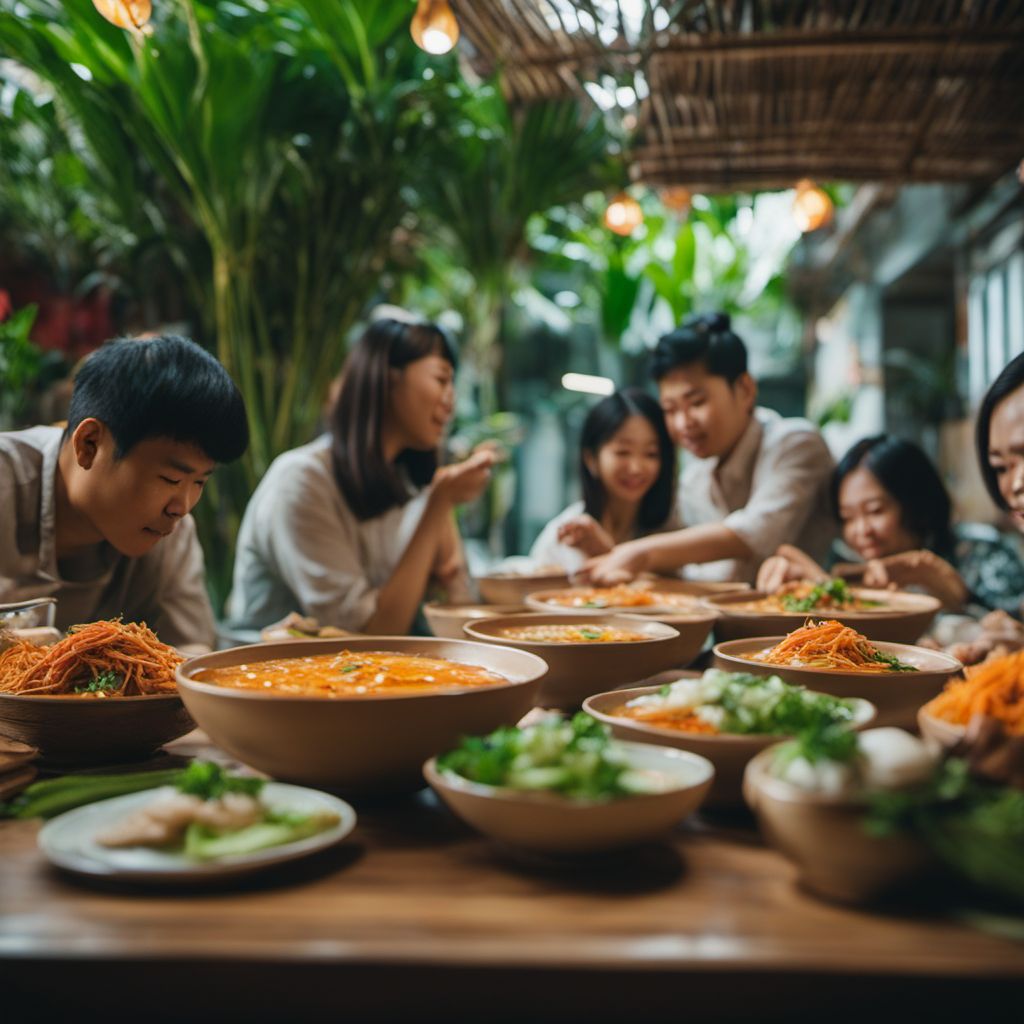
Dish
Bánh canh
Bánh canh consists of thick rice noodles in a hot broth made with pork or chicken stock, fish sauce, and garlic. The dish is typically topped with sliced pork, shrimp, and green onions. It can also be served with a side of herbs and bean sprouts for added freshness.
Origins and history
Bánh canh originated in Vietnam and is a popular street food. The thick noodles are made by mixing rice flour with tapioca starch, giving them a chewy texture.
Dietary considerations
This dish can be made gluten-free by using 100% rice noodles and a gluten-free broth. It can also be made vegan/vegetarian by using a vegetable broth and omitting the pork and shrimp.
Variations
Variations of this dish include adding quail eggs or crab meat as a topping. Some recipes also call for adding coconut milk or lemongrass to the broth for added flavor.
Presentation and garnishing
To enhance the presentation of this dish, serve it in a large bowl and garnish with a sprinkle of black pepper and sliced chili peppers for added flavor and color.
Tips & Tricks
To prevent the noodles from sticking together, rinse them under cold water after cooking and toss with a bit of vegetable oil.
Side-dishes
Bánh canh can be served with a side of pickled vegetables or a simple salad.
Drink pairings
This dish pairs well with a light beer or a crisp white wine.
Delicious Bánh canh recipes
More dishes from this category... Browse all »

Abura soba
Japanese cuisine
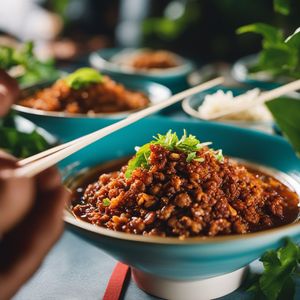
Ants Climbing a Tree
Chinese cuisine

Asahikawa ramen
Japanese cuisine
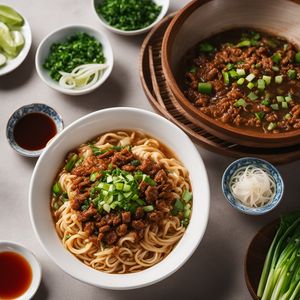
Biangbiang Noodles
Chinese cuisine
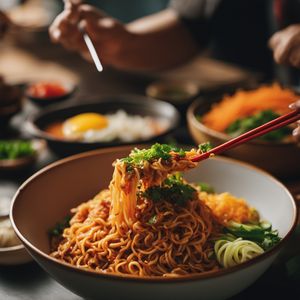
Bibim guksu
Korean cuisine

Bukkake udon
Japanese cuisine
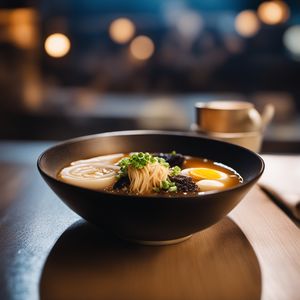
Burnt Miso Ramen
Japanese cuisine

Bánh canh cua
Vietnamese cuisine
More cuisines from this region... Browse all »
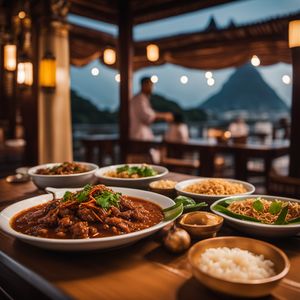
Bruneian cuisine
Bold, Complex, Spicy, Savory, Sweet

Burmese cuisine
Salty, Sour, Spicy, Umami, Sweet
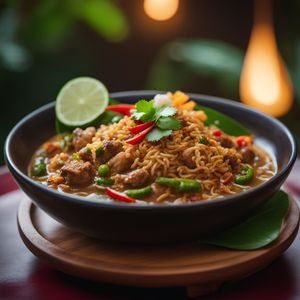
Cambodian cuisine
Salty, Sour, Spicy, Umami, Sweet

Christmas Island cuisine
Salty, Sour, Spicy, Umami, Sweet

East Timor cuisine
Spicy, Savory, Sweet, Sour, Umami

Filipino cuisine
Sweet, Sour, Savory, Spicy, Umami
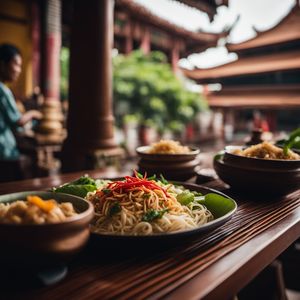
Lao cuisine
Savory, Spicy, Sour, Umami
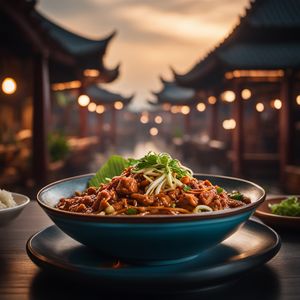
Malaysian cuisine
Spicy, Sweet, Sour, Savory

